how to choose the 48V battery equalizer?
Choosing the right 48V battery equalizer involves considering several key factors:
- Voltage Compatibility: Ensure that the equalizer is compatible with your 48V battery bank. Some equalizers may have a voltage range slightly above or below 48V, so verify that it aligns with your system’s specifications.
- Battery Chemistry: Different battery chemistries (such as lead-acid, lithium-ion, or nickel-cadmium) may require specific equalizers designed for their characteristics. Choose an equalizer that is suitable for the type of batteries in your system.
- Current Capacity: Determine the maximum current capacity of your battery bank, as well as the maximum current handling capability of the equalizer. Ensure that the equalizer can handle the current flow within your system to prevent overload or overheating.
- Balancing Method: Equalizers employ various methods for balancing cell voltages, such as passive balancing (resistive shunting) or active balancing (using integrated circuits). Consider which balancing method aligns best with your needs in terms of efficiency, effectiveness, and compatibility with your battery chemistry.
- Protection Features: Look for equalizers that offer built-in protection features, such as overcharge protection, over-discharge protection, and short-circuit protection. These features help safeguard your battery bank against potential damage and ensure safe operation.
- Ease of Installation: Choose an equalizer that is easy to install and integrate into your existing battery system. Consider factors such as size, mounting options, and compatibility with your system’s wiring configuration.
- Reliability and Durability: Select an equalizer from a reputable manufacturer known for producing reliable and durable products. Reading user reviews and seeking recommendations from industry professionals can help gauge the reliability of different equalizer models.
- Cost: While cost is an important consideration, prioritize quality and features over price to ensure the longevity and performance of your battery equalizer and overall battery system.
By carefully evaluating these factors and selecting an appropriate 48V battery equalizer, you can effectively balance the voltages in your battery bank and optimize its performance and lifespan. If you’re uncertain about any technical specifications or compatibility issues, consult with a qualified technician or the manufacturer for guidance.


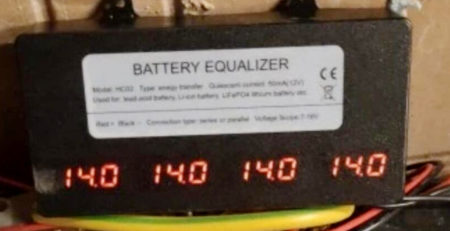
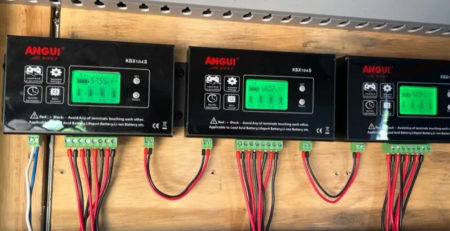
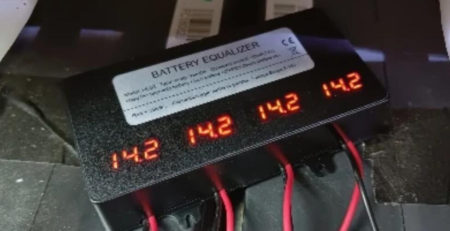
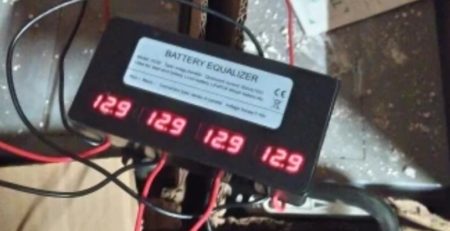
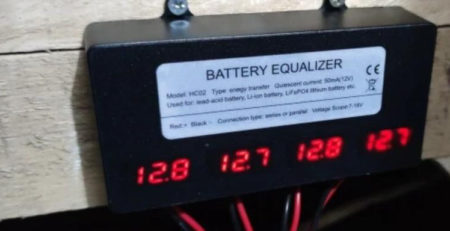
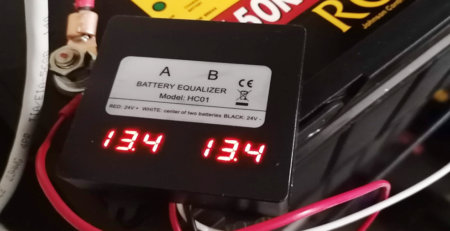
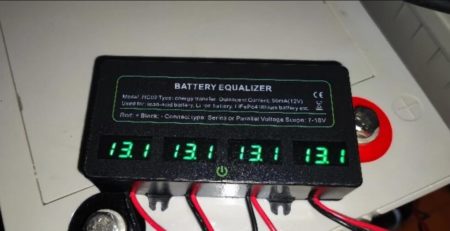
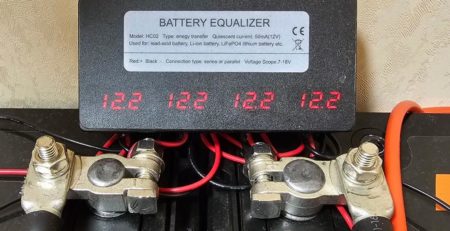
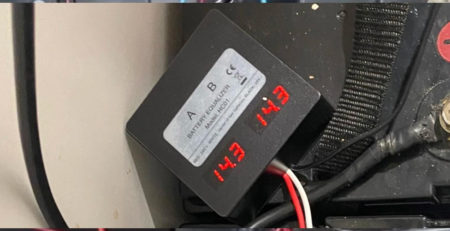
Leave a Reply